In Tanzania, a Horrific Fishing Tactic Destroys All Sea Life
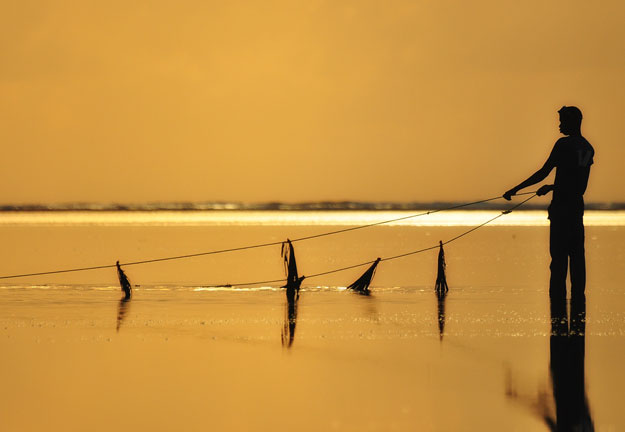
Strewn in the shallows of the Indian Ocean off Tanzania lie shards of dead coral reefs. Experts believe that in Tanzania, blast fishing is occurring at unprecedented rates, in part because a boom in mining and construction has made it easier for people to get their hands on dynamite.
Beijing highway: $600m road just the start of China’s investments in Caribbean
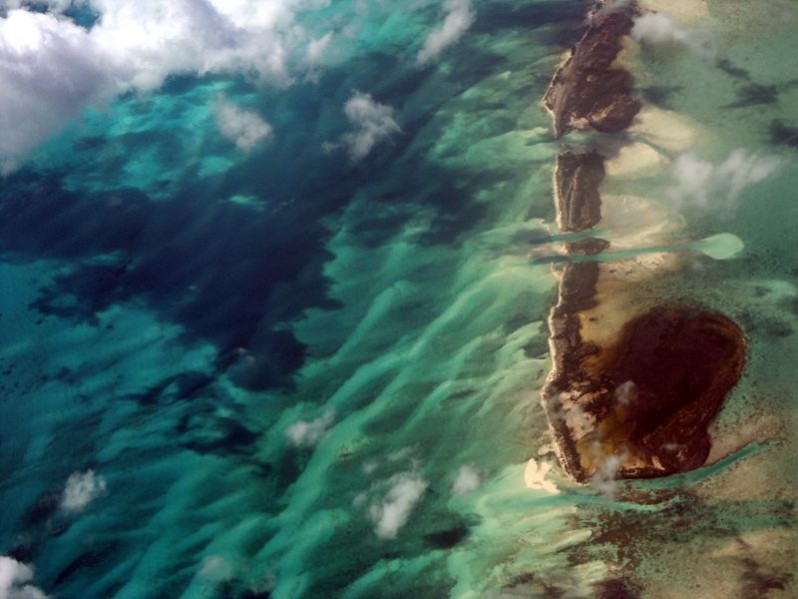
Stretching some 67 km north to south across Jamaica, the $600m four-lane nicknamed the “Beijing highway, is the single biggest investment by the Chinese in the Caribbean. This project is also prelude of the building of a $1.5bn deep water container port on islands off the south coast ,using dredging and land reclamation to accommodate mega ships coming through the expanded Panama Canal.
March of the mangroves good news for blue carbon storage
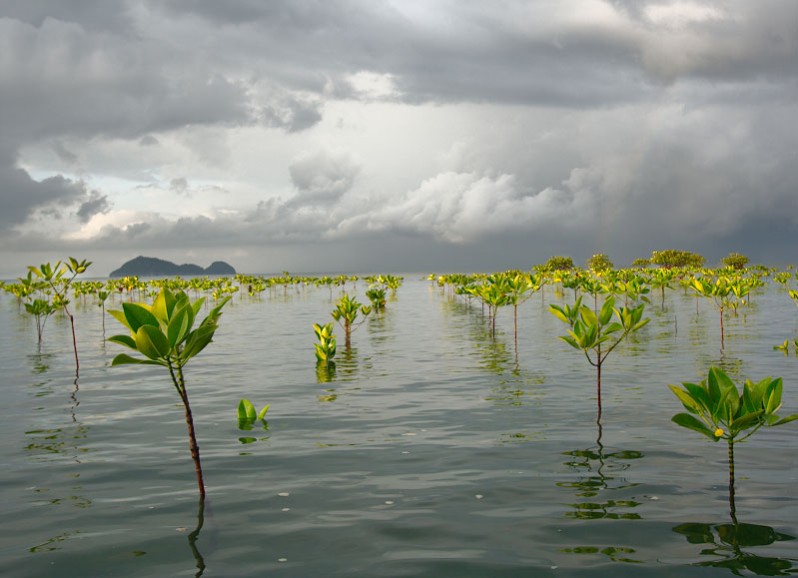
The carbon capture and storage capacity of wetland vegetation, known as blue carbon, makes coastal habitats some of the most carbon rich ecosystems on the planet. A new study by Australian environmental scientists investigating the impact of shifts in coastal vegetation over a 70 year period, provides unique insight into how blue carbon stocks change.
Innovators are turning once discarded seafood waste into profitable products
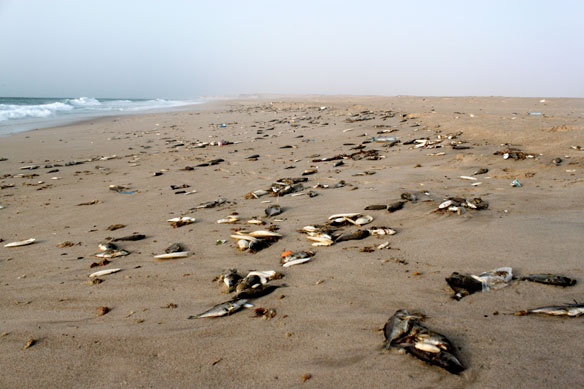
US fishermen throw out an estimated 2bn pounds in bycatch alone – an amount worth about $1bn. Seafood processors commonly dispose fish guts, heads, tails, fins, skin and crab shells in marine waters. Once there, the decomposing organic matter can suck up available oxygen for living species nearby, bury other organisms or introduce disease and non-native species to the local ecosystem.
Sea grass a potential solution in climate fight

While mangrove and salt bushes can play key roles in protecting fragile coastlines from wave damage and promote biodiversity, it’s the humble sea grass that provides the largest potential to store more carbon from the atmosphere.
Rapid plankton growth in ocean seen as sign of carbon dioxide loading
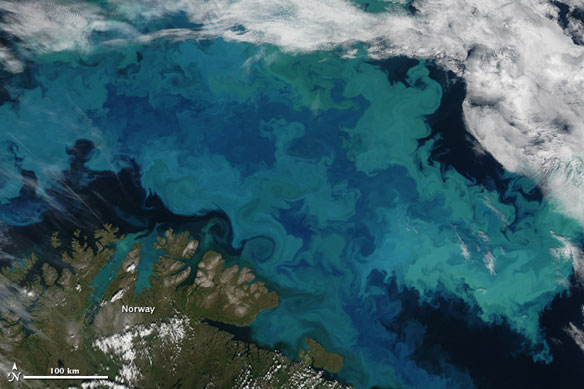
A microscopic marine alga is thriving in the North Atlantic to an extent that defies scientific predictions, suggesting swift environmental change as a result of increased carbon dioxide in the ocean, according to a recent study.
California’s Crab Fiasco Is Worse for Marine Life Than Humans
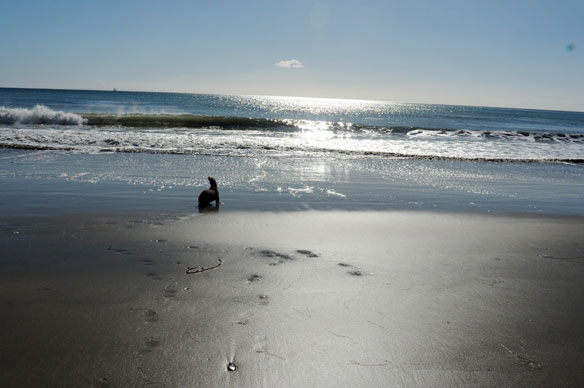
Something strange started happening to California sea lions. Over the course of just a few months, hundreds of them hauled themselves onto beaches near Monterey Bay and began convulsing uncontrollably.
Nicaragua’s Interoceanic Canal, a Nightmare for Environmentalists
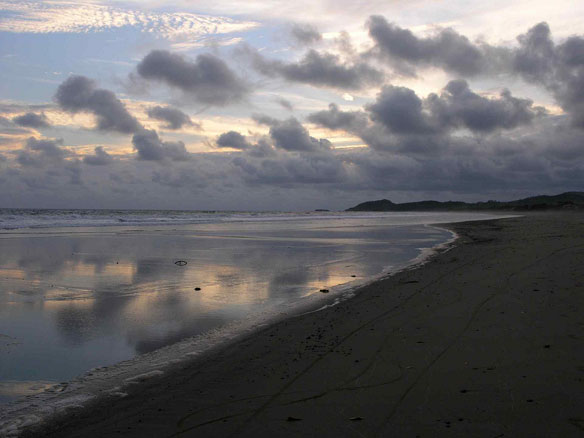
The international scientific community’s fears about the damage that will be caused by Nicaragua’s future interoceanic canal have been reinforced by the environmental impact assessment, which warns of serious environmental threats posed by the megaproject.
Seaweed Can Help Feed the World. But will We Eat It?
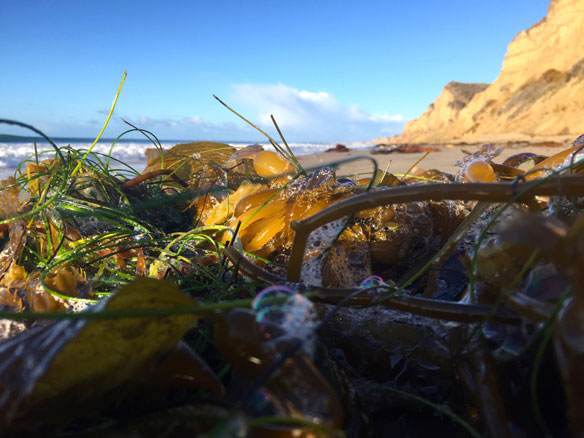
Planet-wise, seaweed appears as a clear win. How about human-wise? Should we be eating more seaweed?
